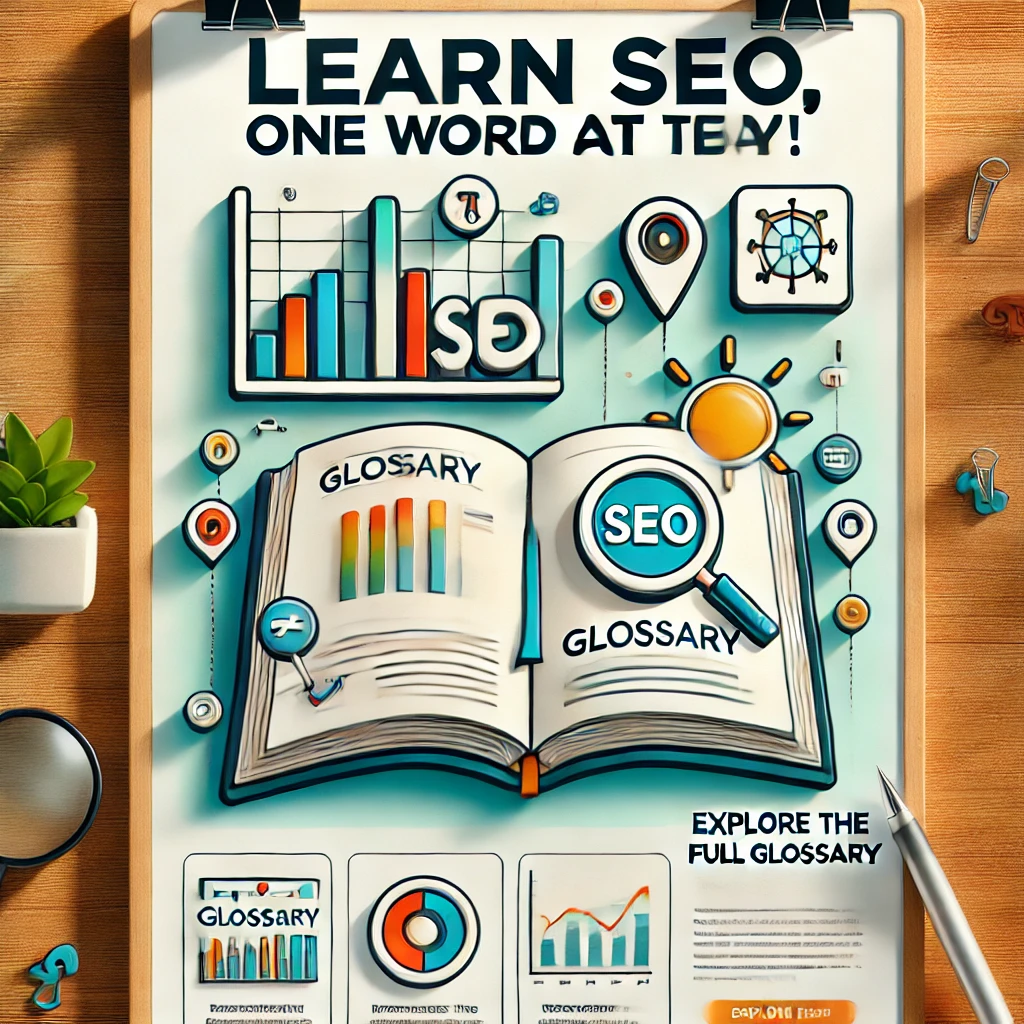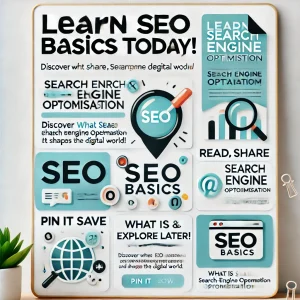As we step into 2025, Search Engine Optimization (SEO) continues to evolve, and understanding the latest SEO terms is more crucial than ever. Whether you’re a beginner or a seasoned digital marketer, having a solid grasp of SEO terminology is key to staying competitive in the ever-changing world of online marketing. This SEO Glossary 2025 covers the most essential terms that will shape your SEO strategies in the coming year. Let’s dive into these key terms and how they’ll impact your website’s performance and search rankings.
1. Core Web Vitals
Core Web Vitals are a set of performance metrics introduced by Google to measure the user experience on your website. These metrics include:
- Largest Contentful Paint (LCP): Measures loading performance.
- First Input Delay (FID): Measures interactivity.
- Cumulative Layout Shift (CLS): Measures visual stability.
In 2025, these metrics are increasingly important for SEO, as Google uses them as ranking factors. Ensuring your website is fast, responsive, and stable will directly impact your rankings.
2. E-A-T (Expertise, Authoritativeness, Trustworthiness)
E-A-T is a concept introduced by Google to assess the quality of content on the web. It evaluates three key factors:
- Expertise: Is the content written by an expert or authority in the field?
- Authoritativeness: Does the website have authority or credibility in the subject matter?
- Trustworthiness: Can users trust the website and its content?
In 2025, E-A-T continues to be an essential factor for SEO. Websites that can demonstrate expertise, authority, and trustworthiness will rank higher in search results.
3. AI-Driven SEO
With AI technology advancing rapidly, AI-driven SEO has become a significant part of digital marketing strategies. Tools like AI-powered content creation, keyword research, and even AI-based search engines are changing how SEO is performed.
By leveraging artificial intelligence in SEO, marketers can automate tasks like keyword analysis, content optimization, and competitive analysis, allowing for more data-driven, scalable, and efficient SEO strategies.
4. Voice Search Optimization
With the rise of voice-activated devices, optimizing for voice search is becoming increasingly important. Voice search queries tend to be longer, more conversational, and often use natural language. In 2025, focusing on long-tail keywords and answering questions directly will help improve your website’s visibility in voice search results.
Optimizing for voice search also means ensuring your content is easily digestible and structured, as voice assistants tend to pull data from featured snippets or FAQs.
5. Mobile-First Indexing
Google has officially switched to mobile-first indexing, meaning that the mobile version of your website is now considered the primary version for ranking purposes. In 2025, a mobile-friendly website is no longer optional—it’s a necessity.
Ensure your website is responsive, loads quickly, and offers a seamless user experience across all devices, especially mobile phones, to maintain strong SEO performance.
6. Featured Snippets
Featured snippets are the boxed information that appears at the top of Google search results, providing users with a direct answer to their query. These snippets are highly valuable for driving traffic and visibility. In 2025, optimizing for featured snippets remains crucial for any SEO strategy.
To optimize for featured snippets, aim to provide clear, concise, and well-structured answers to common questions in your content.
7. Local SEO
Local SEO focuses on optimizing your website for location-based searches. This is particularly important for businesses targeting local customers. In 2025, Google My Business optimization, local reviews, and local backlinks will remain central to improving visibility in local search results.
By leveraging local SEO strategies, businesses can appear in local map packs and attract more customers from nearby areas.
8. Semantic Search
Semantic search refers to Google’s ability to understand the meaning behind search queries rather than just matching keywords. It emphasizes the context and intent behind the search. In 2025, SEO will focus more on creating content that addresses the user’s search intent and incorporates related concepts, rather than just focusing on exact-match keywords.
To optimize for semantic search, create content that provides comprehensive answers, uses natural language, and addresses a topic from multiple angles.
9. Content Clusters
Content clusters refer to a group of related content pieces that revolve around a central topic. This structure helps search engines understand the relationship between different pieces of content and boosts rankings for pillar pages.
In 2025, building content clusters will help organize your website’s content in a way that enhances topical relevance and SEO.
10. Zero-Click Searches
Zero-click searches occur when a user’s query is answered directly in the search engine, often through a featured snippet, knowledge graph, or other direct answers. While these searches don’t drive traffic to websites, they can enhance visibility and authority.
In 2025, optimizing for zero-click searches will be essential, especially for websites aiming to dominate search results and build credibility.
Conclusion
As SEO evolves, staying updated with the latest terms and trends is crucial to maintaining a competitive edge. The SEO Glossary 2025 provides the essential terminology and concepts needed to navigate the ever-changing digital landscape. By focusing on key areas like Core Web Vitals, AI-driven SEO, voice search optimization, and local SEO, you can develop a strategy that improves your website’s performance and search rankings.

